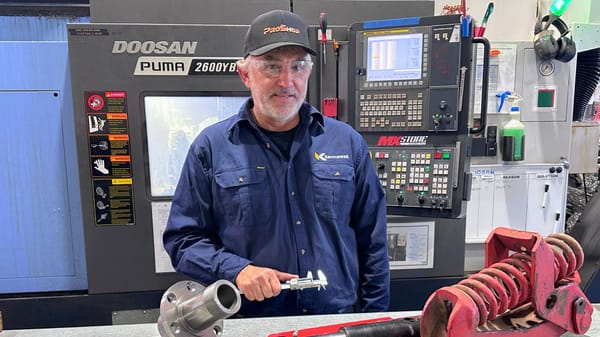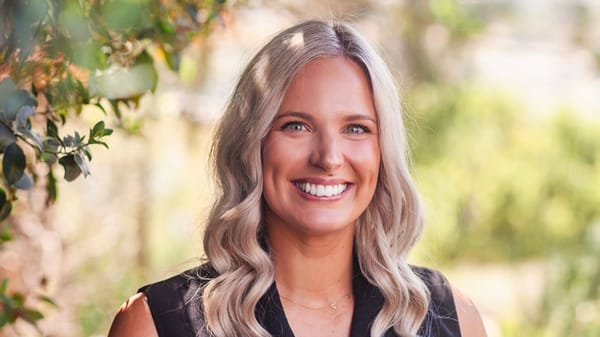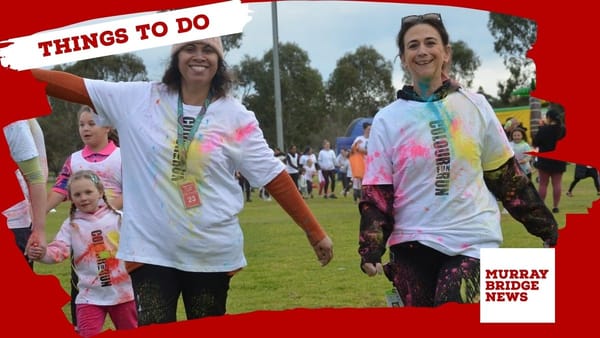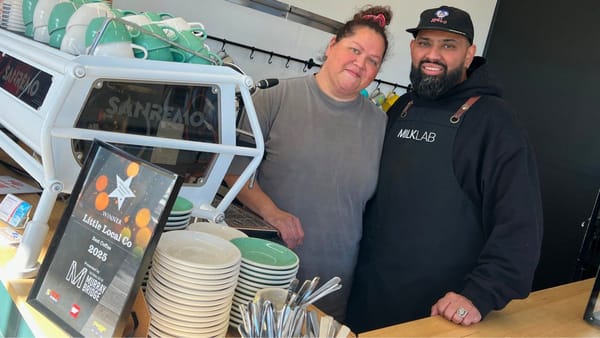Last survivor of a secret Vietnam War mission, John Ali fights for justice
Fifty years after being sent to Cambodia, John Ali just wants the Australian government to properly recognise his service.

This post advocating for a local person is free to read. Please help Murray Bridge News tell more local stories by subscribing.

John Ali still bears the scars of the service he gave to his country during the Vietnam War.
He has endured blood and kidney problems, strokes and arthritis, things that he can’t prove were caused by exposure to Agent Orange – the poison the Americans used to clear the Vietnamese jungle – but which have left him wondering.
All he wants to know now is that his country hasn’t forgotten him.

His was a secret mission, the Murray Bridge veteran said, given directly to him by Defence Minister Malcolm Fraser.
The Australian government planned to ship 600 trucks to Cambodia to help its government fight communist rebels who were allied with North Vietnam.
The trucks would be shipped to Vung Tau, in South Vietnam, and driven over the border.
Mr Ali – a 23-year-old diesel mechanic with International Harvester – would train the Cambodian truck drivers and help maintain their vehicles; and would be attached to 102 Field Workshop, a unit of the Royal Australian Electrical and Mechanical Engineers.
But Cambodia was officially neutral, and Australia could not deploy soldiers in a neutral country, so the whole operation was classified.
Mr Ali recalled meeting Mr Fraser in person, accompanied by various military brass, in a big, long room at old Parliament House in Canberra.
“Before you leave here today, you must recognise that you’re not to speak to anybody in the street, anybody in the press, any people at work – it’s a covert operation,” Mr Fraser said, in Mr Ali’s recollection.
“The best you can do is talk to your mum and dad, and talk to your wife if you’re married.”

In his later years, Mr Ali was awarded the Australian Active Service Medal and the Vietnam Logistic and Support Medal in recognition of his service.
He was listed, under “Department of the Army personnel”, on the Department of Veterans’ Affairs’ nominal roll of Vietnam veterans.
But unlike other servicemen, he never became eligible for a pension or free health care.
A Department of Veterans’ Affairs spokesperson told Murray Bridge News that the department did not comment on individual cases.
They stated that civilians “who have been deemed to be members of the (Australian) Defence Force, rendering continuous full-time service in an operational area in Vietnam” were eligible to apply for benefits including a DVA gold card, entitling holders to the highest level of care.
Anyone with at least one day of service in the regular defence forces could access a DVA white card, which entitled holders to treatment for conditions related to their service, including mental health issues.

Mechanics stepped off a plane and into a war zone
It was early 1971 when Mr Ali stepped off a plane at Pochentong International Airport, in Cambodia, and things were not going well.
“I looked out the window and said to (fellow mechanic) Bob Oultram, ‘f***, what have we got ourselves into?’” Mr Ali recalled.
“The airport was flat as a desk, nothing, it was all rubble … the Viet Cong had shelled the place.
“That was our welcome to Phnom Penh.”
Every month he made the trip to Vung Tau to help pick up a shipment of trucks.
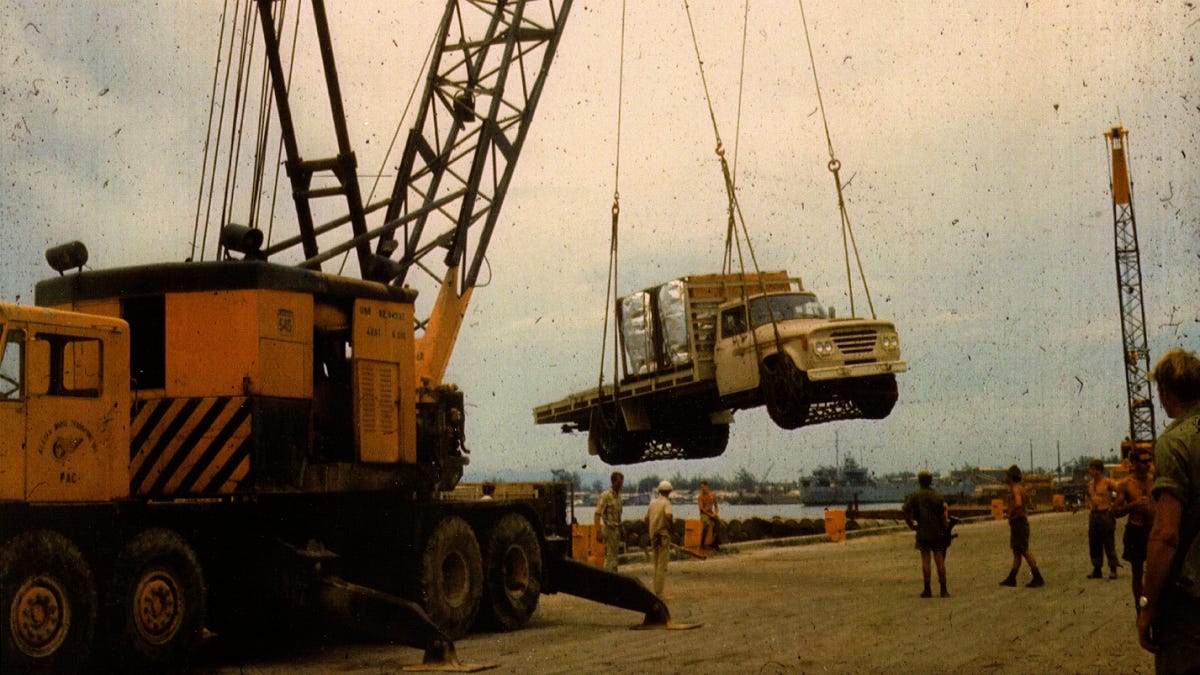

He would check them after they were lifted off a barge, making sure their batteries were charged and their tyres were pumped up, sweating all the while in the sweltering heat.
Each convoy had a US escort from the wharf to a nearby air base, then on to the border.
Back in Cambodia, his days were spent setting up a workshop and a classroom, then taking trainee drivers out on the roads of Tuol Kouk.

That’s not to say that the village was any safer than the war zone, though.
Cambodia was in the midst of a period of violent upheaval, with the government having been overthrown three times in a decade and forces from both sides of the Vietnam war operating, overtly and covertly, within its borders.
About 200 Viet Cong lived in Tuol Kouk during Mr Ali’s time there, by the Americans’ estimates.
From time to time, violence broke out.
Mr Ali had clear memories of one particular night.
“There was small arms fire in the area – you knew something was on,” he said.
“When the first rocket came in and landed down the road, we knew it was fairly serious, so we went to another location.
“A bloke we had doing the cleaning (for the household), we said ‘come on, let’s go, VC come’ … he wouldn’t come.
“I’ve never seen him from that day to this.
“He was a VC, I’m sure of it.”
On another occasion a rocket flew so close past his ear that he could hear it whistling through the air.
He ended up awake most nights, listening to the all-too-close sounds of bombing, of fuel tanks or bridges being destroyed.
The next village over was completely razed.

Throughout his time in Vietnam, he took orders from army personnel; stayed in an army base at Vung Tau; he was subject to the same curfew as everyone else there; and he rode around in army vehicles.
He and the other mechanics spent time servicing army vehicles while they waited for each shipment to arrive.
Mr Ali was “under administrative control of my unit”, Staff Sergeant Ron Coxon later said in a signed statement: “he stood to when required … he was bound by our discipline … John Ali worked as part of my team and under my command and control”.
He did a nine-month tour, came home for Christmas, then went back on New Year’s Day, 1972.
The communists were surging towards victory in Vietnam at the time, and most regular Australian troops had already been withdrawn.
Mr Ali left Cambodia for the last time that July.
Like so many Vietnam veterans, he didn’t get the support he needed as he tried to re-adjust to civilian life.
“I had PTSD really badly,” he said, with the benefit of hindsight.
“I rang a doctor (one night), after hours, and told him I couldn’t sleep.
“He told me ‘take 10 Panadol, go to bed and don’t ring me again’.”
Advocate has led the long fight for recognition
Veterans’ advocate Adrian Walford has been arguing Mr Ali’s case for the past eight years, hoping to secure him better health care and a pension.
So far, a succession of federal veterans’ affairs ministers have turned him down.
In a 2016 letter shown to Murray Bridge News, then-minister Dan Tehan even suggested Mr Ali’s entitlement to his two medals was under review.
After all, Mr Tehan alleged, Mr Ali had never been subject to military command and control, given a rank, or issued a uniform or a weapon.
“The standard answer is ‘they weren’t allotted for service’,” Mr Walford said.
“But they were allotted for service by Malcolm Fraser, the Minister for the Army.
“If that isn’t being allotted for service, I don’t know what is.”
About 450 Australian surgical and medical personnel were granted Department of Veterans’ Affairs gold cards in 2019 because, then-Veteran Affairs Minister Darren Chester said at the time, “while (they) were not under the direct command and control of the Australian Defence Force … they were exposed to hazards and dangers as a result of working in a conflict zone for the Australian government”.
But Mr Ali was told he was not eligible for the same courtesy.
Nor was Mr Oultram, who died last September.
“He said to me before he died, ‘don’t let the bastards get away with it’,” Mr Walford said.
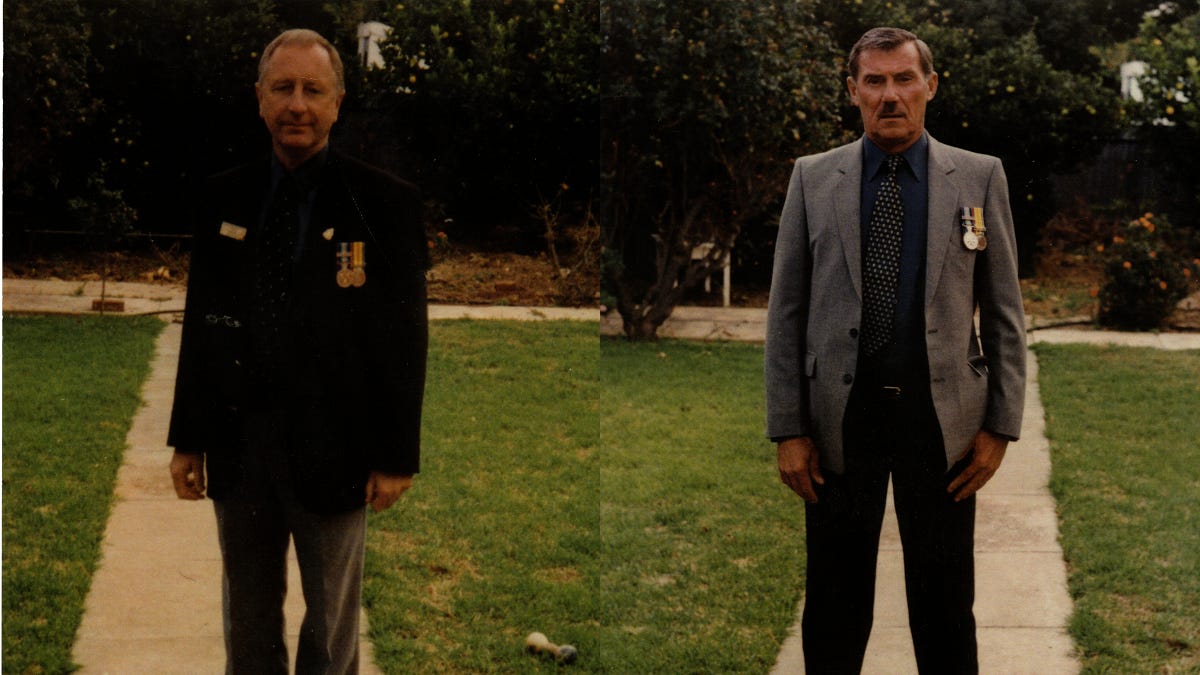
The impression Mr Walford got was that recent federal governments had believed the story spun by their predecessors 50 years ago: that Mr Ali and his seven colleagues could not possibly have been Australian servicemen, because Australia had not been allowed to send servicemen to Cambodia.
That flew in the face of common sense, Mr Walford argued.
“How can you give civilians service medals and not say they were in service to your country?” he asked.
“This f***ing government … it’s the same as the Voyager disaster: they wait for these blokes to drop off the perch, then they settle.
“It’s disgusting.”
It remains to be seen whether new Veterans’ Affairs Minister Matt Keogh will take a different position.
You can help keep local stories like this one free for everyone to read. Subscribe to Murray Bridge News today and support your independent, locally owned news service, plus get access to exclusive stories you won’t find anywhere else, from just $5 a month.


